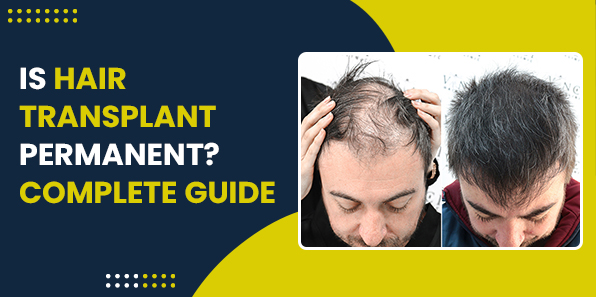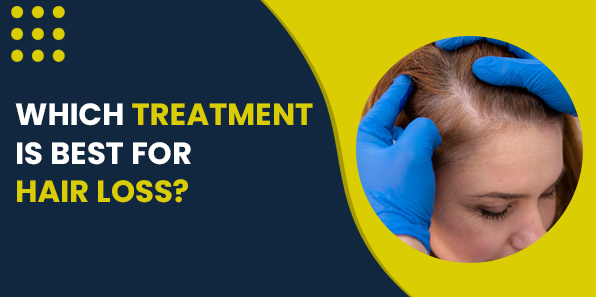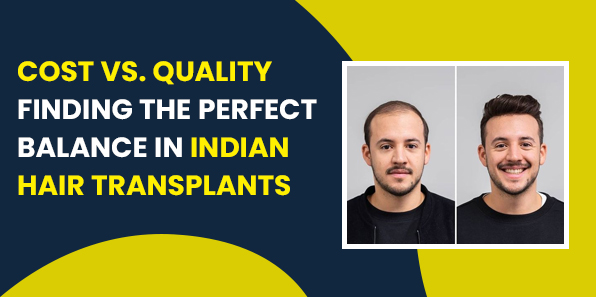WHAT IS HAIR LOSS?
Hair loss or the medical term alopecia can occur in both women and men. This can result in psychological distress such as decreased confidence and self-esteem. we understand how this can make you feel and we are here to help you find a solution.
Take a look at the various causes of hair loss below. We will be able to assist you in finding the reason for your hair loss, as well as guiding you towards restoring your appearance and confidence.
NUTRITIONAL DEFICIENCIES
One of the symptoms of vitamin D deficiency is hair loss. In order to up your intake of vitamin D, get out more! Lack of exposure to the sun’s rays almost guarantees you to become vitamin deficient. However, if where you live, the weather is awfully cold and rainy, then you can supplement your vitamin D intake with a supplement. Read more about vitamin D in my article about the 12 common diseases caused by vitamin D deficiency.
PHYSICAL STRESS
One of the symptoms of vitamin D deficiency is hair loss. In order to up your intake of vitamin D, get out more! Lack of exposure to the sun’s rays almost guarantees you to become vitamin deficient. However, if where you live, the weather is awfully cold and rainy, then you can supplement your vitamin D intake with a supplement. Read more about vitamin D in my article about the 12 common diseases caused by vitamin D deficiency.
LACK OF PROTEIN
If you don't get enough protein in your diet, your body may ration protein by shutting down hair growth, according to the American Academy of Dermatology. This can happen about two to three months after a drop in protein intake, they say.
MALE PATTERN BALDNESS
About two out of three men experience hair loss by age 60, and most of the time it's due to male pattern baldness. This type of hair loss, caused by a combo of genes and male sex hormones, usually follows a classic pattern in which the hair recedes at the temples, leaving an M-shaped hairline.
HEREDITY
Female-pattern hair loss, called androgenic or androgenetic alopecia, is basically the female version of male pattern baldness. “If you come from a family where women started to have hair loss at a certain age, then you might be more prone to it,” says Dr. Glashofer. Unlike men, women don't tend to have a receding hairline, instead, their part may widen and they may have noticeable thinning of hair.
FEMALE HORMONES
Just as pregnancy hormone changes can cause hair loss, so can switching or going off birth-control pills. This can also cause telogen effluvium, and it may be more likely if you have a family history of hair loss. The change in the hormonal balance that occurs at menopause may also have the same result. The androgen (male hormone) receptors on the scalp becoming activated.
EMOTIONAL STRESS
Emotional stress is less likely to cause hair loss than physical stress, but it can happen, for instance, in the case of divorce, after the death of a loved one, or while caring for an aging parent. More often, though, emotional stress won't actually precipitate the hair loss.
OVERSTYLING
Vigorous styling and hair treatments over the years can cause your hair to fall out. Examples of extreme styling include tight braids, hair weaves or corn rows as well as chemical relaxers to straighten your hair, hot-oil treatments or any kind of harsh chemical or high heat. Because these practices can actually affect the hair root, your hair might not grow back.
SIDE EFFECT OF CANCER TREATMENTS
It is well known that both chemo and radiation therapy causes dramatic hair loss. While the treatment kills cancer cells, it also damages the hair follicles. However, the hair loss is usually short lived and hair grows back after the course of treatment has finished.
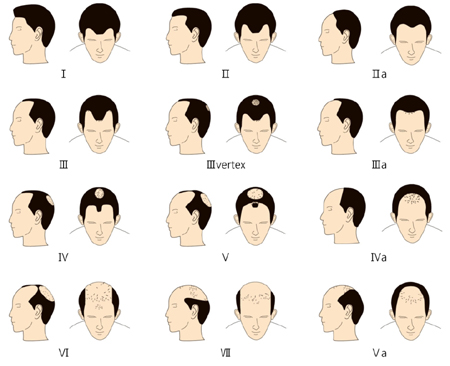
Male Genetic Hair Loss
Male pattern baldness (MPB) also know as androgenic alopecia is the most common form of genetic hair loss and affects over 50% of males over the age of 50.
MPB occurs due to hair follicle sensitivity to a hormone know as Dihydrotestosterone (DHT) that occurs naturally in all human beings.DHT is synthesized from testosterone in the hair follicles, prostate, testes and adrenal glands and is important for the development of typical male characteristics during puberty.
Female Genetic Hair Loss
Female hair loss is unfortunately not as well understood as male hair loss and it is believed to be caused by many contributing factors. The main causes include genetics, stress, diet, drugs and hormone levels.
Female hair loss is less predictable and hair transplant surgery is not always the best option. Other options like Protein rich plasma therapy (PRP)and lifestyle changes may yield better results.

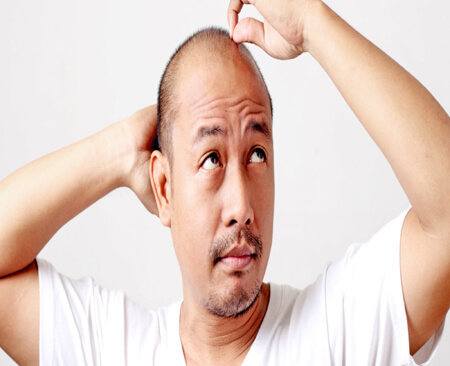
Alopecia Areata
Alopecia Areata is a form of hair loss that follows no particular pattern and affects about 1 in 1000 people. The hair loss is patchy and is auto-immune related, similar to asthma and eczema in the fact that the condition can come and go with different severities.
Telogen Effluvium
Telogen Effluvium is just a fancy term for hair loss and hair thinning that occurs when the hair follicles fall out during the resting phase of hair growth. This type of hair loss commonly affects the crown area and is acute and self-limiting.There is no specific treatment for this condition as it is self-limiting and most patients require simple reassurance once a hair surgeon has confirmed the diagnosis.
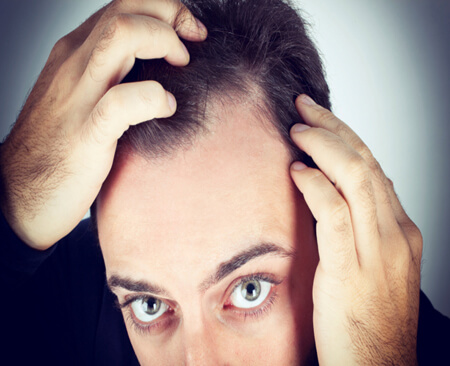
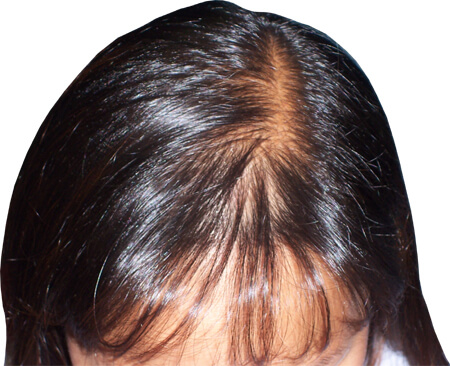
Anagen Effluvium
This is a fancy term to describe hair follicles that fall out during their growth phase. This is always caused by an external insult and includes chemotherapy, radiation, poisoning and certain drugs. Once the cause is removed, the hairs will grow back again.
Scarring Alopecia
As the name implies, scarring alopecia or hair loss is caused when the skin that the hair follicles come from, become damaged for some reason. These could be chemical burns, trauma, radiation or bacterial or fungal infections. We will be able to diagnose this should this be the problem and suggest appropriate treatment.
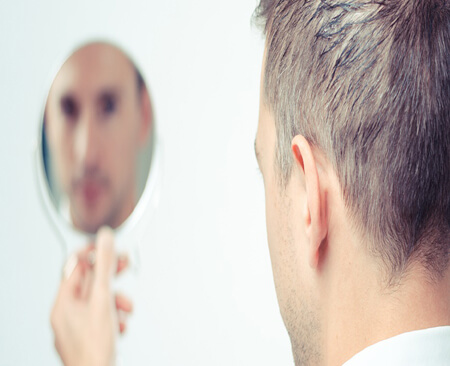
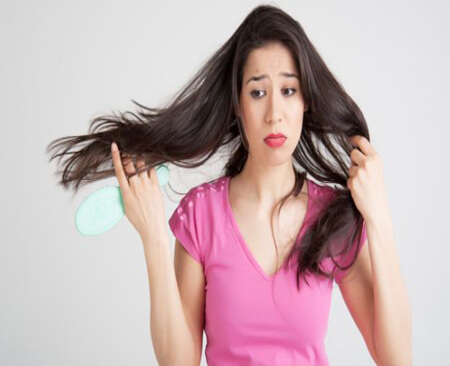
Trichotillomania
This is a form of hair loss that occurs from the patient pulling on their hair. It is a psychiatric condition and is related to anxiety and impulse control disorders. If you are pulling out your hair, unfortunately, we cannot help but we can assist by giving you an appropriate referral.
Recent Blogs
Is Hair Transplant Permanent? Complete Guide
Is Hair Transplant Permanent? Complete Guide The loss of hair impacts on the confidence…
Which Treatment Is Best for Hair Loss?
Hair loss is an increasing issue among both men and women regardless of their…
Cost vs. Quality: Finding the Perfect Balance in Indian Hair Transplants
Nowadays a very common problem is hair loss, and people are trying several methods…

